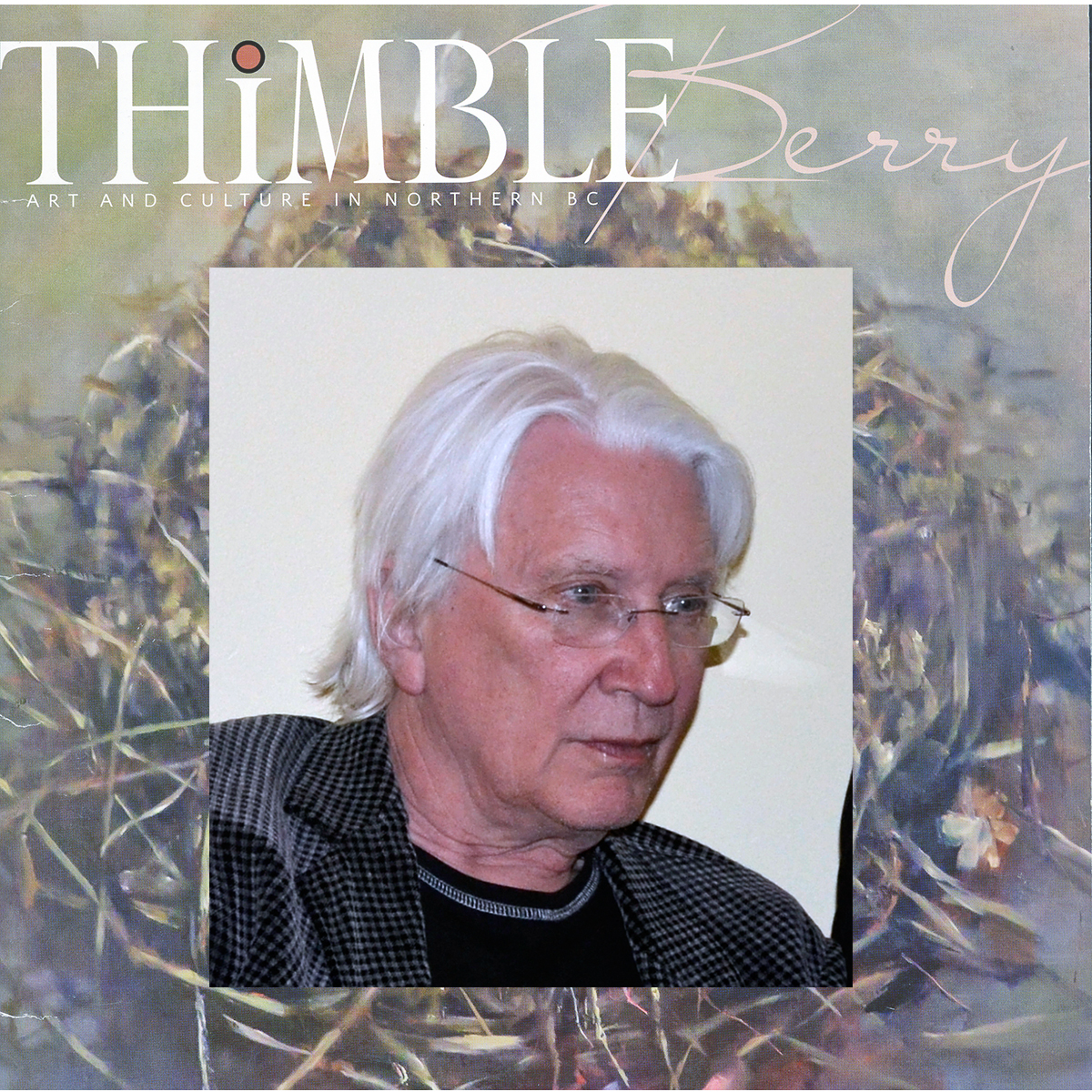
Review of a Review
I understand that Paul Strickland’s recent review of the northern arts magazine Thimbleberry has raised some controversy in Prince George’s arts scene concerning not just how much a reviewer can quote from the original texts, but also whether reviewers can quote at all from this magazine. I think the sane responses to such attempts at resisting scrutiny are a) we should all feel grateful for reviewers that actually bother to quote from the texts under judgment, and b) what kind of magazine would place such absurd limits on reviewers, and toward what sort of ends would they do so?
In my opinion, Strickland’s review is well written, thoughtful, and very even-handed. I came out of it with the sense that a lot of good writing was coming out of Prince George. I also had the sense that Strickland’s attempt to adjudicate and represent it had been unusually faithful to the texts and that his commentary was frequently penetrating.
Professor Robert Budde, as the co-editor of this issue of Thimbleberry, and (I’m pretty sure of this) its guiding UNBC faculty advisor, ought to do more editing of the work he presents, and less pontificating about its proximity to his favoured ideologies, as with, for instance, the seventh line of Strickland’s review, which quotes from Erin Arding Stewart’s otherwise compelling poem. The line that reads “if you lay really still” should read “if you lie still” (“really” being an adjective that has no quantifiable content and should therefore not appear in a poem, given that we accept the definition of poetry as the shortest distance between two epistemological and/or ontological points that doesn’t undermine the complexity of the passage). Etc.
The “Ken Belford/In Memoriam” section, curated presumably by Professor Budde, in which the late Ken Belford is inaccurately referred to by several of the contributors to the section and by the reviewer in the present tense, begins with Professor Budde’s attempt to cram Mr. Belford’s notoriously complicated personality and work into a singular “persona” that just happens to dovetail with Budde’s post-colonialist ideologies. The result is a kind of parody of Belford’s worst tendencies as a poet and as a naturalist—his occasionally embarrassing urges to mythologize himself and his ideas within a fabric of rhetorical wisdom drawn from aboriginal wisdom that was as often Hollywood as it was local. That Strickland’s review takes Professor Budde to task for this is accurate and well within the boundaries of fair comment despite it having apparently upset the thin-skinned professor.
About the poem Professor Budde adds to his commentary on Belford, and about Si Transken’s probably well-intentioned but hopelessly maudlin elegy for her late husband, the less said the better, and I’m unsure what to make of Greg Lainsbury’s ongoing handstands atop the fence—they’re kind of fun to watch because they’re so inventive, but one wonders why he believes they’re necessary.
Notwithstanding the above, I was surprised and gratified by the high quality of nearly all the poetry in the magazine. If these younger poets are students or ex-students of Professor Budde’s, then he should be commended for his teaching skills—no small thing. They’re all real and authentic writers, and their poetry is damned good.